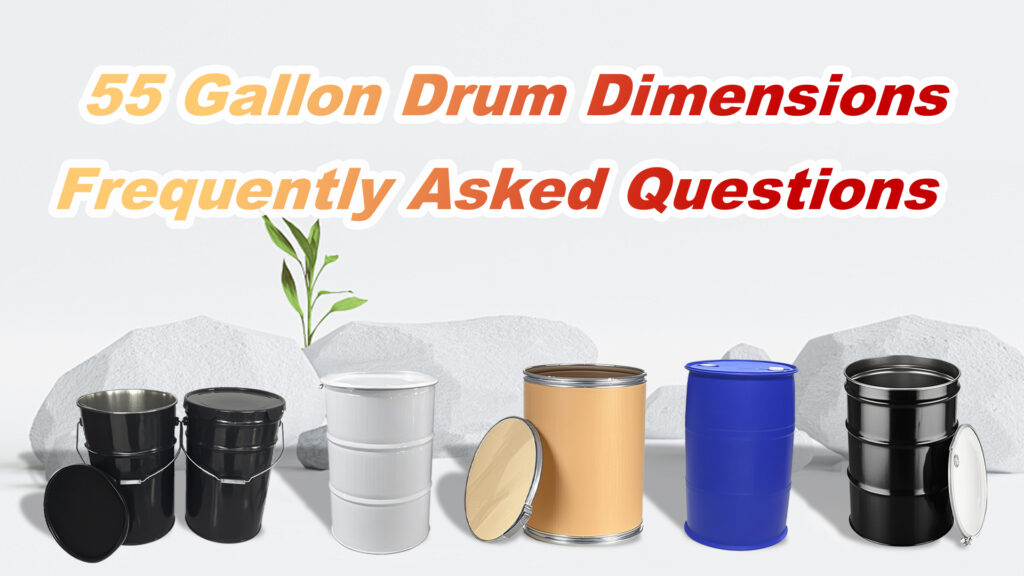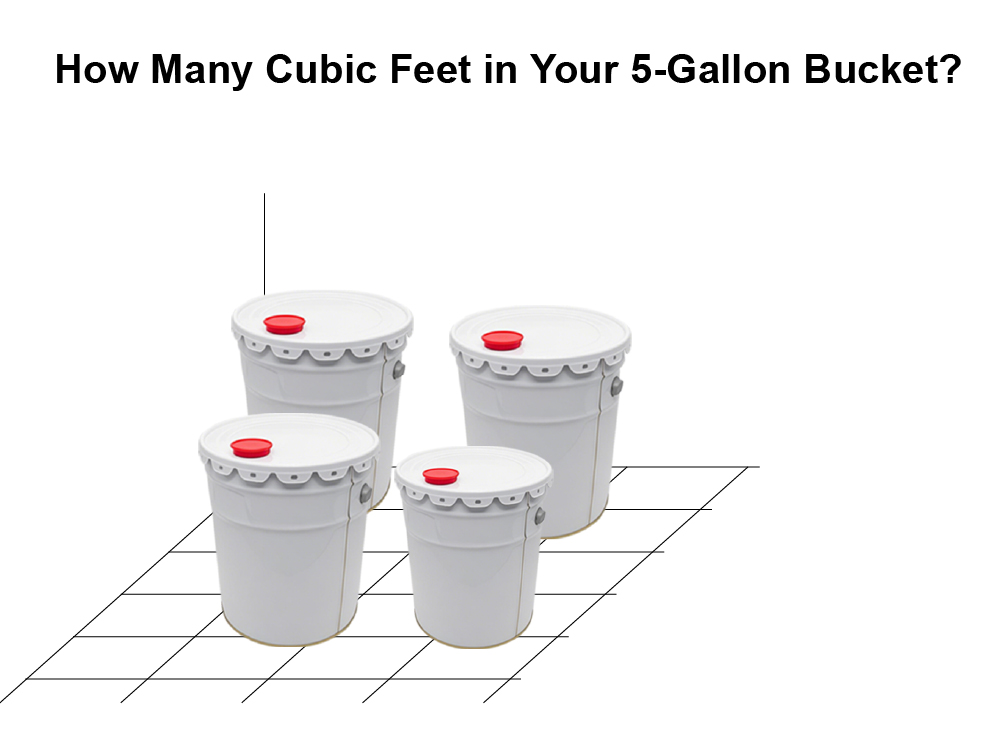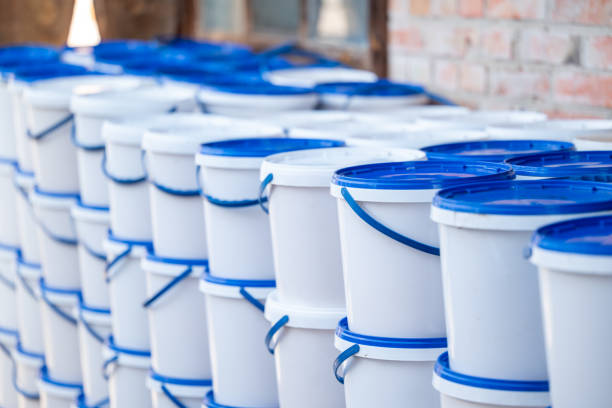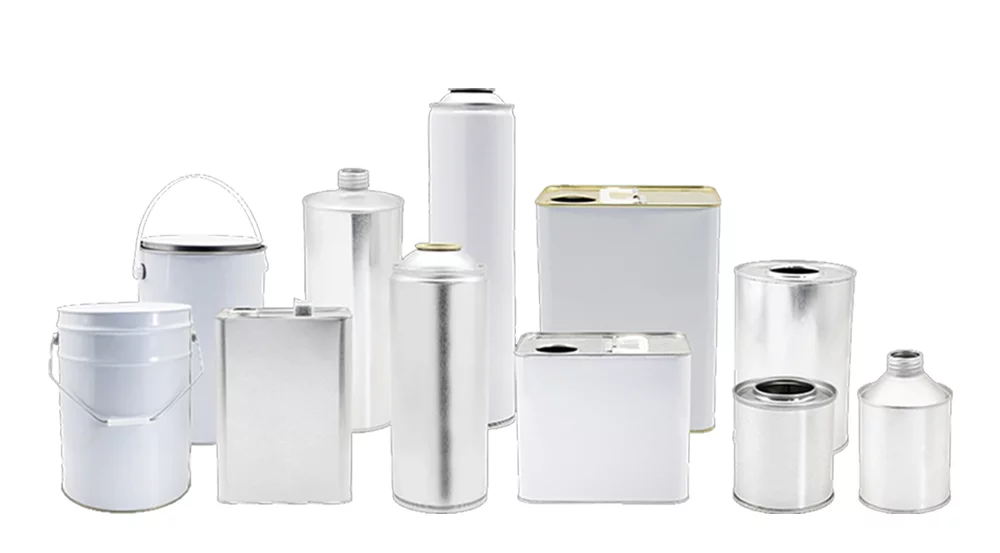When it comes to maintaining your car’s braking system, understanding the properties of brake fluid is crucial. One common question car owners ask is: Does brake fluid expand when hot? In this blog, we’ll dive deep into brake fluid, how temperature affects its behavior, and why this is important for your vehicle’s safety and performance.
What Is Brake Fluid?
Brake fluid is a crucial component of your car’s braking system. It is a hydraulic fluid that transmits the force from your brake pedal to the brake pads, allowing your car to stop effectively. There are different types of brake fluid, but most modern vehicles use either DOT or SAE-certified fluids.
Brake fluid is designed to be incompressible. This means that when you press the brake pedal, the force gets transmitted efficiently through the fluid to the brakes, enabling the car to stop.
Does Brake Fluid Expand When Hot?
예, brake fluid does expand when heated. This behavior is a normal part of the physics of fluids. All liquids expand when heated, and brake fluid is no exception. When brake fluid absorbs heat from the brake components, its volume increases, leading to a rise in pressure within the brake lines.
The Science Behind Brake Fluid Expansion
The expansion of brake fluid when hot is due to the kinetic energy that the fluid molecules gain as they absorb heat. As the temperature of the brake fluid increases, the molecules begin to move more quickly and take up more space. This results in an increase in volume.
While it’s common for brake fluid to expand, manufacturers design the braking system with this in mind. The brake reservoir, where brake fluid is stored, is designed to accommodate some level of expansion. 하지만, if the fluid is exposed to extreme heat (beyond the typical operating range), it can lead to problems.
Why Does Brake Fluid Get Hot?
Brake fluid gets hot primarily because of friction. When you press the brake pedal, brake pads press against the brake rotor, generating a significant amount of heat. This heat is transferred to the brake fluid, which then circulates through the system to ensure consistent braking pressure.
There are a few other factors that contribute to brake fluid heating:
-
High-speed driving or constant braking, such as during long descents or repeated hard braking.
-
Old or contaminated brake fluid that has lower heat resistance.
-
Excessive wear on brake components, which causes friction and heat buildup.
What Happens if Brake Fluid Expands Too Much?
Brake fluid expansion is a normal process, but excessive expansion due to overheating can cause several issues:
-
Increased brake line pressure: This can lead to brake fluid boiling, causing a loss of braking performance.
-
Brake fade: When the fluid boils, air bubbles form in the system, reducing the fluid’s ability to transmit braking force.
-
Seal failure: Overexpansion can put excessive strain on seals and gaskets, leading to leaks.
-
Brake fluid leaks: If the brake system is not designed to handle the pressure, it could result in a leak, reducing the fluid’s effectiveness and potentially causing the brakes to fail.
How to Prevent Brake Fluid Overheating
To ensure your brake fluid remains within safe operating temperatures, here are some steps you can take:
-
Regular Maintenance: Have your brake system checked regularly by a mechanic. This includes checking brake fluid levels, fluid condition, and the overall condition of the braking components.
-
Brake Fluid Flush: Brake fluid should be changed periodically (usually every 2 years or 24,000 miles) because old brake fluid absorbs moisture, which lowers its boiling point.
-
Driving Habits: Avoid excessive hard braking, especially during long downhill stretches. Give your brakes time to cool down to prevent the fluid from getting too hot.
-
High-Quality Brake Fluid: Use brake fluid with a high boiling point to ensure that it can withstand higher temperatures without breaking down.
-
Upgrading Brakes: For high-performance vehicles or if you drive under extreme conditions, consider upgrading to performance-grade brake fluid and more robust brake components.
Signs of Brake Fluid Issues
It’s important to recognize the warning signs of overheating or degraded brake fluid:
-
Spongy brake pedal: If your brake pedal feels soft or spongy, it could be a sign that air has entered the brake lines due to boiling fluid.
-
Fading brakes: If your brakes lose effectiveness after prolonged use, this could be due to brake fluid overheating.
-
Brake warning light: Many modern vehicles have sensors that will alert you to low fluid levels or potential issues.
자주 묻는 질문
1. Can I use any brake fluid type for my car?
아니요. Always use the type of brake fluid recommended by your vehicle manufacturer. Using the wrong type can cause damage to your braking system.
2. How often should I change my brake fluid?
Brake fluid should typically be changed every 2 years or 24,000 miles, but this can vary depending on your car and driving habits.
3. Can brake fluid boil?
예, brake fluid can boil if it gets too hot. This results in brake failure, as the air bubbles form in the brake lines and cause brake fade.
4. What should I do if my brake fluid is too hot?
If your brake fluid is too hot, pull over safely and allow the brakes to cool down. Avoid continuing to drive if you suspect a brake fluid issue.
5. How can I tell if my brake fluid needs to be replaced?
If the brake fluid appears dark, has a burned smell, or the brake pedal feels soft, it’s time to replace the fluid.
By understanding how brake fluid behaves when it gets hot and how to maintain it, you can keep your car’s braking system in top condition, ensuring both your safety and that of others on the road. Regular maintenance, proper driving habits, and the right brake fluid can go a long way in preventing problems related to heat expansion.






















